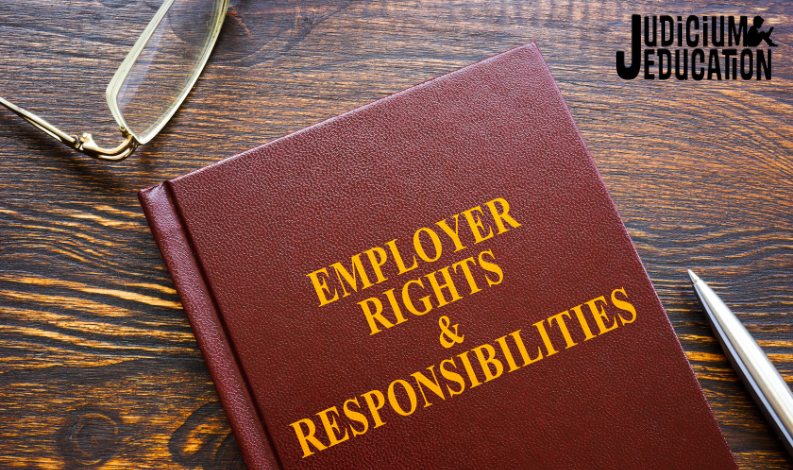(20)(10)(2)(1)_1000.png)
Right to work checks (for EEA/Swiss Citizens) post Brexit - what do you need to do?
EEA and Swiss citizens have previously benefited from EU free movement rights, which meant that they were able to work in the UK without a visa. This ended on 31 December 2020, when a new immigration system came into effect. EEA/Swiss citizens who were resident in the UK by 11:00pm on 31 December 2020 are entitled to apply for settled/pre-settled status under the EU Settlement Scheme as set out in our November 2020 newsflash.
Although the deadline for having commenced residence for eligibility under the Scheme was 11:00pm on 31 December 2020, the deadline for making an application is 30 June 2021. The period between 11:01pm on 31 December 2020 and 30 June 2021 is known as the “grace period”. For EEA/Swiss citizens who commenced residence in the UK after 11:00pm on 31 December 2020, the new immigration system will apply, and they will require a visa in order to work (and, usually, their school will require a sponsor licence).
Why are right to work checks important?
In order to establish a statutory excuse against liability to pay a civil penalty for employing an illegal migrant worker, schools must carry out the requisite right to work checks. Schools will only have the statutory excuse if the correct checks are undertaken before the person commences employment.
It is important to note that if the school knows or has reason to believe an individual does not have the right to work in the UK (e.g. because they began residing in the UK after 11pm on 31 December 2020), you will not be able to benefit from this statutory excuse and could face civil and criminal prosecution.
How do we carry out right to work checks?
Right to work checks can be carried out:
- Manually – by obtaining, checking and copying original documents from a specific list (set out here). For EEA/Swiss citizens, the easiest way to demonstrate the right to work is with an EU passport or national ID card; or
- Electronically – by accessing the online portal. However, during the grace period, you cannot insist on accessing the worker’s details in this way. This will only be available if the worker voluntarily agrees to this and provides you with their share code.
Do we need to change how we carry out right to work checks?
Up to 30 June 2021 – No
- During the “grace period” (between 11:01pm on 31 December 2020 and 30 June 2021), schools are not being asked to differentiate between EEA/Swiss citizens who were or were not resident in the UK by 11:00pm on 31 December 2020.
- Consequently, there are no changes to the right to work checks up to 30 June 2021.
- However, if you become aware that the individual only began residing in the UK after 11pm on 31 December 2020, please contact us for further advice.
From 1 July 2021 – Yes
- From 1 July 2021, the right to work check will depend on when the individual became resident in the UK.
- Individuals will either need to evidence their status under the EU Settlement Scheme or that they have a visa under the new immigration system.
- We will provide further advice on this once the Home Office has released its guidance.
Do we need to change our application forms?
Yes – whilst schools are not being asked to differentiate between citizens who were/were not resident in the UK by 11:00pm on 31 December 2020 during the “grace period”, this may cause some practical difficulties if it later transpires that a citizen does not have the right to work. Therefore, to minimise this risk, Judicium’s advice is that schools should:
- Add “What date did you become resident in the UK?” to your applications forms. If the answer is “after 31 December 2020”, please come back to us for further advice; and
- Provide details of the EU Settlement Scheme to any EEA/Swiss citizens (please see our November 2020 newsflash for further details about how to do this).
Further amendments will be required from 1 July 2021, but we will provide further advice on this once the Home Office has released further guidance.
Important boundaries
It is also important to note that there are some important boundaries as an employer you should be aware of:
- Schools have a duty not discriminate against EEA/Swiss citizens and must not ask individuals to provide evidence of their status under the EU Settlement Scheme before 1 July 2021.
- Schools cannot force their existing EEA/Swiss citizens to submit EU Settlement Scheme applications but can encourage them to do so and provide information and support to them on how to apply.
- However, you should be careful not to give advice on or interpret information on the EU Settlement Scheme provided by the government unless you are qualified to do so.
- Whilst schools can encourage an employee to use the online portal (for right to work checks), you cannot insist on this. If an employee would prefer to provide physical documents instead, schools must accept this.
How can Judicium Education help?
HR Advisory Service – we can assist you in amending your recruitment documents.
Work Permits Service – we can support you, via our separate service, with visa/sponsorship queries and applications.
Please do not hesitate to contact us if you have any questions, do let us know at georgina.decosta@judicium.com or on 07399185443.
Related content
.png)
This summary is based on Judicium’s Employment Law ‘Sofa Session’ from the 13th of November, with our resident experts Jenny Salero, Kelly Rayner and Suzanne Ravenhall

Effective from 26 October 2024, schools, Multi-Academy Trusts (MATs), and all employers in the UK will be legally required to take proactive steps to prevent sexual harassment in the workplace.
.png)
This summary is based on Judicium’s HR ‘Sofa Session’ from the 20th of September, with our resident expert Jenny Salero.
 - 07.02.2024 (1).png)
This summary is based on Judicium’s HR ‘Sofa Session’ from the 19th of June, with our resident expert Louise Durbin, Chartered MCIPD.

This summary is based on Judicium’s Employment Law ‘Sofa Session’ from the 15th of May, with our resident experts Jenny Salero, Kelly Rayner and Suzanne Ravenhall

This summary is based on Judicium’s Employment Law ‘Sofa Session’ from the 17th of April, with our resident expert Paul Luffman LLB (Hons), L.P.C.


Sofa Sessions | HR